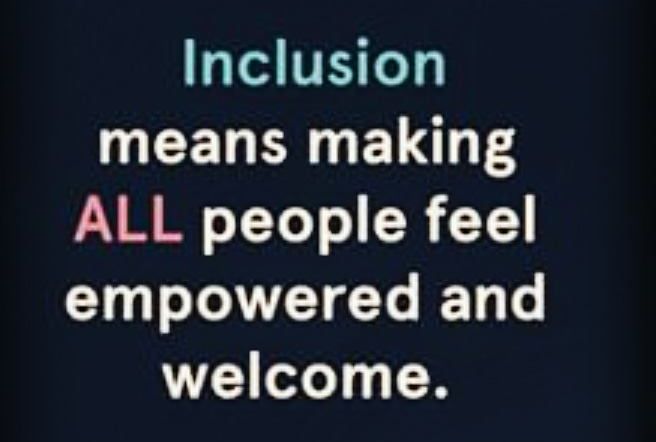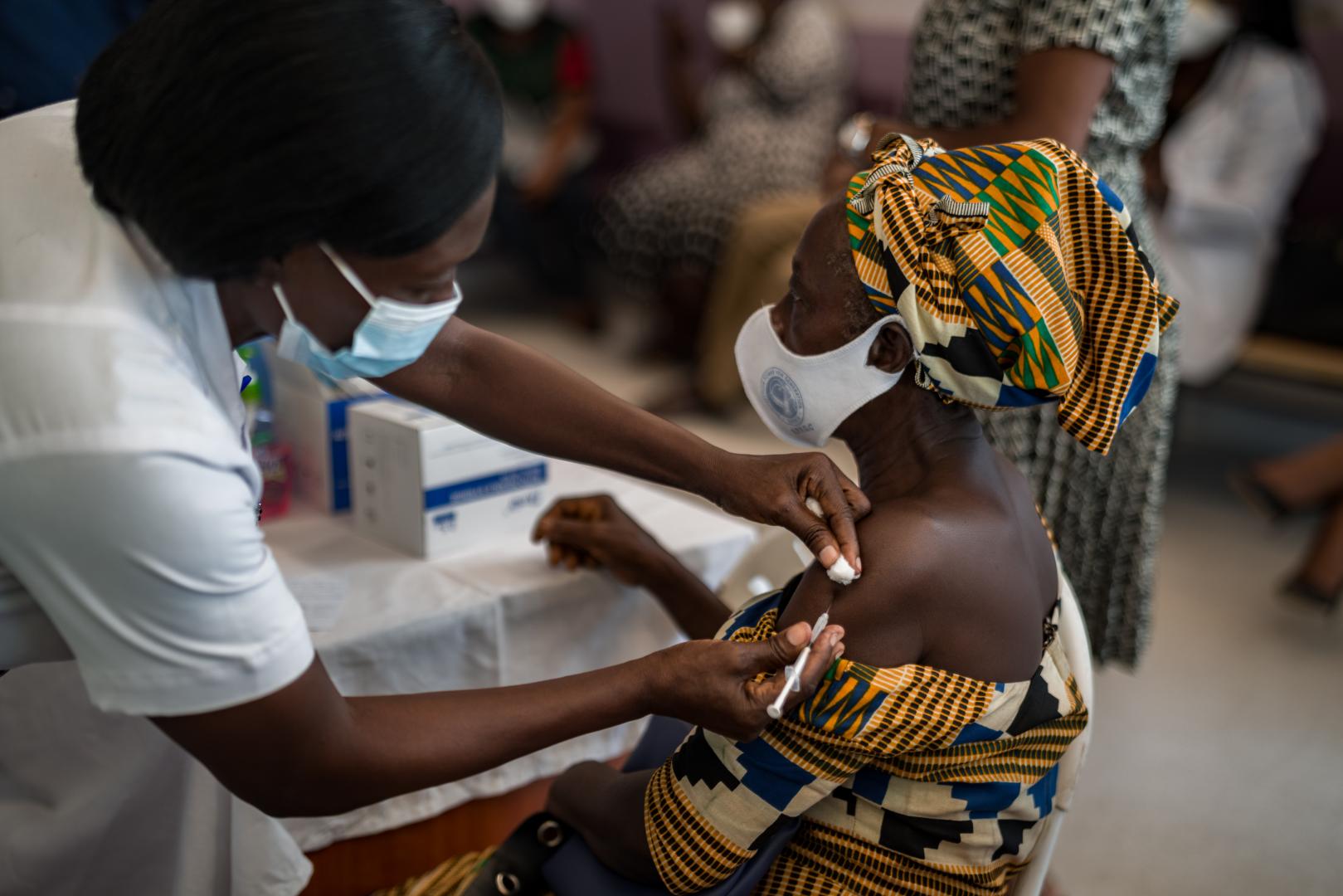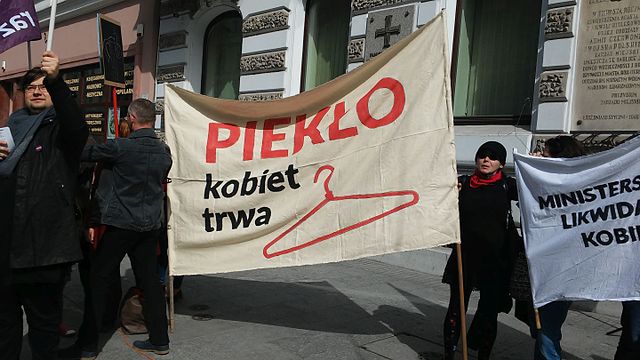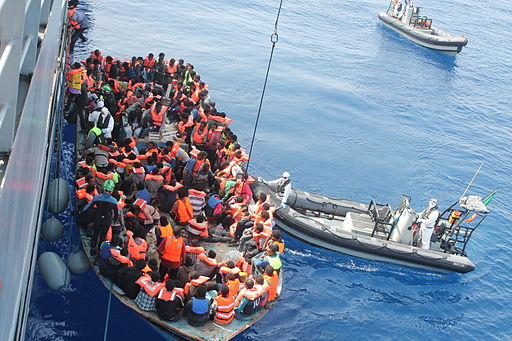“In the worst of times, austerity is the worst possible choice,” said one expert. “It should not even be on the agenda.”
By Jake Johnson Published 9-28-2022 by Common Dreams
The world is barreling toward an austerity pandemic.
With countries across the globe facing major costs-of-living crises and looming recessions as prices remain high and central banks rush to slow economic demand, an analysis published Wednesday estimates that 85% of the world population will be living under austerity measures by next year as tens of millions face hunger, homelessness, and health crises.
The work of a coalition of civil society organizations, the new report finds that “a long list of austerity measures is being considered or already implemented by governments worldwide,” including budget cuts targeting key social programs, privatization of public services, and wage caps for teachers, healthcare workers, and others. Continue reading →











